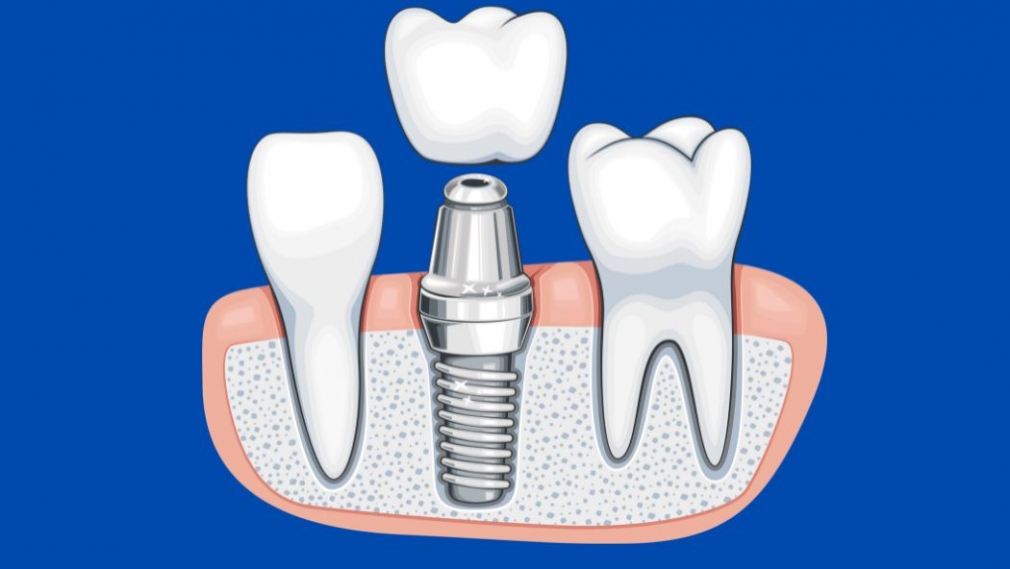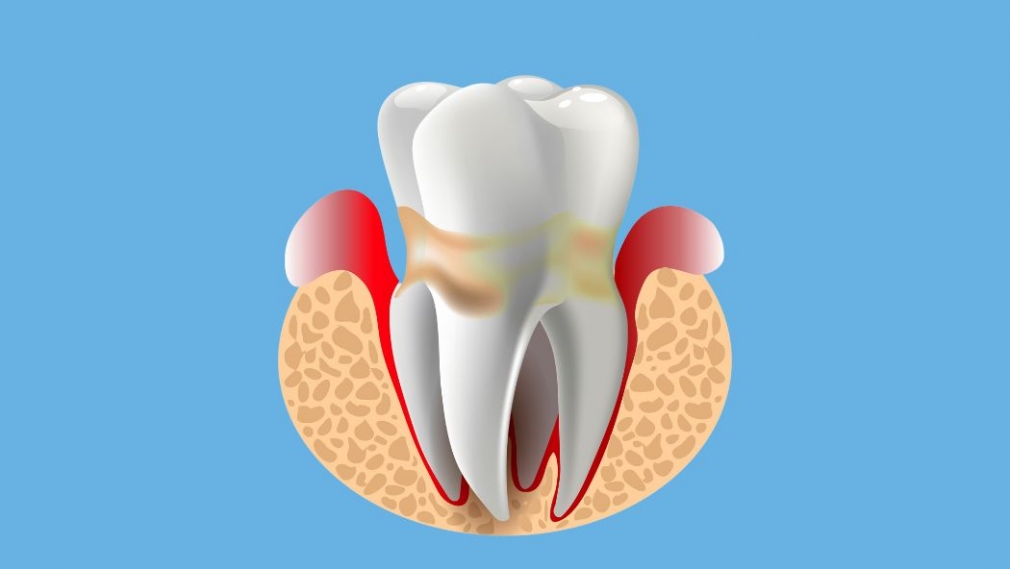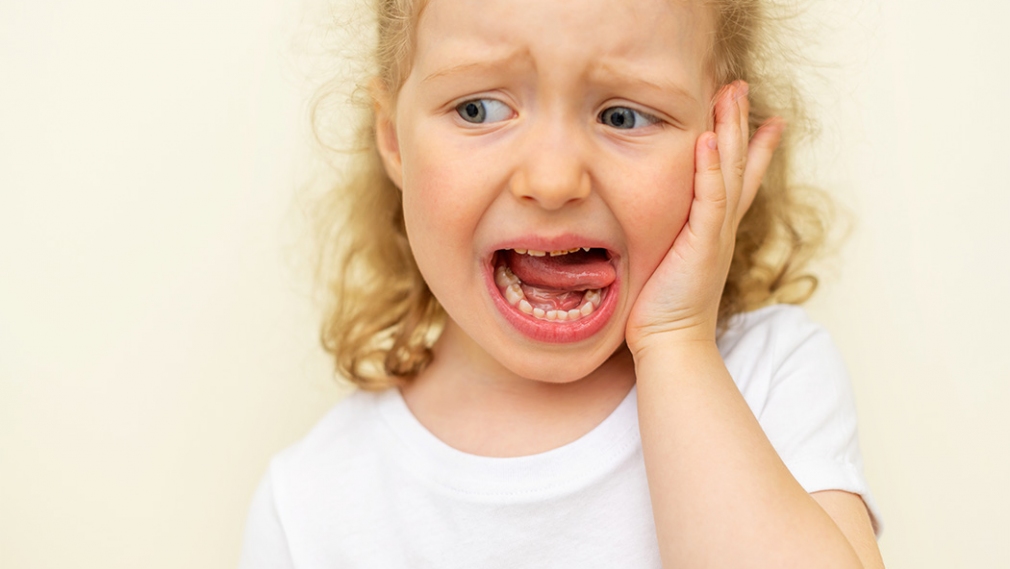
Dental implants are a routine treatment modality requiring ongoing maintenance. Several factors can influence the long-term survival of dental implants, including biological and mechanical complications, which can affect their clinical outcomes. Biological complications involve inflammatory conditions, such as peri-implant mucositis and peri-implantitis.…




